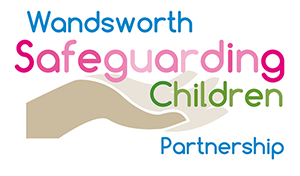Warning signs
- Head or stomach aches caused by stress
- Not sleeping well
- Running away or non-attendance at school
- Learning and behavioural difficulties for no obvious reasons
- Injuries with no feasible explanations
What to do
If you think a child or young person is being bullied, act immediately. Talk to the child/young person about what that they can do to deal with bullying themselves, and help build up self-confidence. If this doesn't work, talk to the teacher about what can be done. Always encourage the child/young person to tell someone if they are being bullied.
If they are being bullied, they are not alone. Many other children and young people are also being bullied and this must be stopped. Remember, it's not their fault and they have the right to live without being picked on. Bullying behaviour is unacceptable. It can happen at any age to any child.
Helpful sites
Guidance from the Department for Education for schools and parents, revised in July 2017, is available to download here: Preventing bullying webpage
You can find more advice on bullying and other subjects in our links section.
The WSCP does not necessarily endorse all the views expressed by these organisations.
Anti-bullying strategy
We want every child, young person and adult in Wandsworth to be treated with dignity and respect. We believe that our homes, communities, schools, youth facilities, neighbourhoods, workplaces, streets and recreational spaces should be free from fear and intimidation so that everyone can develop, learn and flourish, make a positive contribution and achieve their potential.
More information
